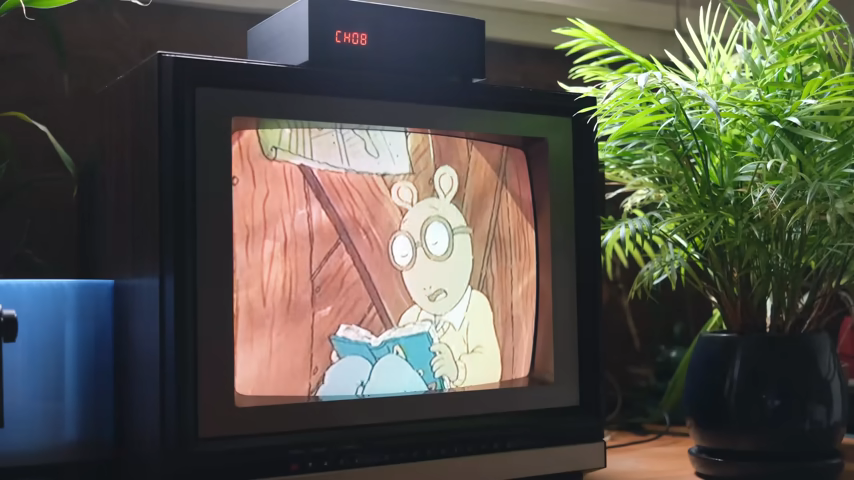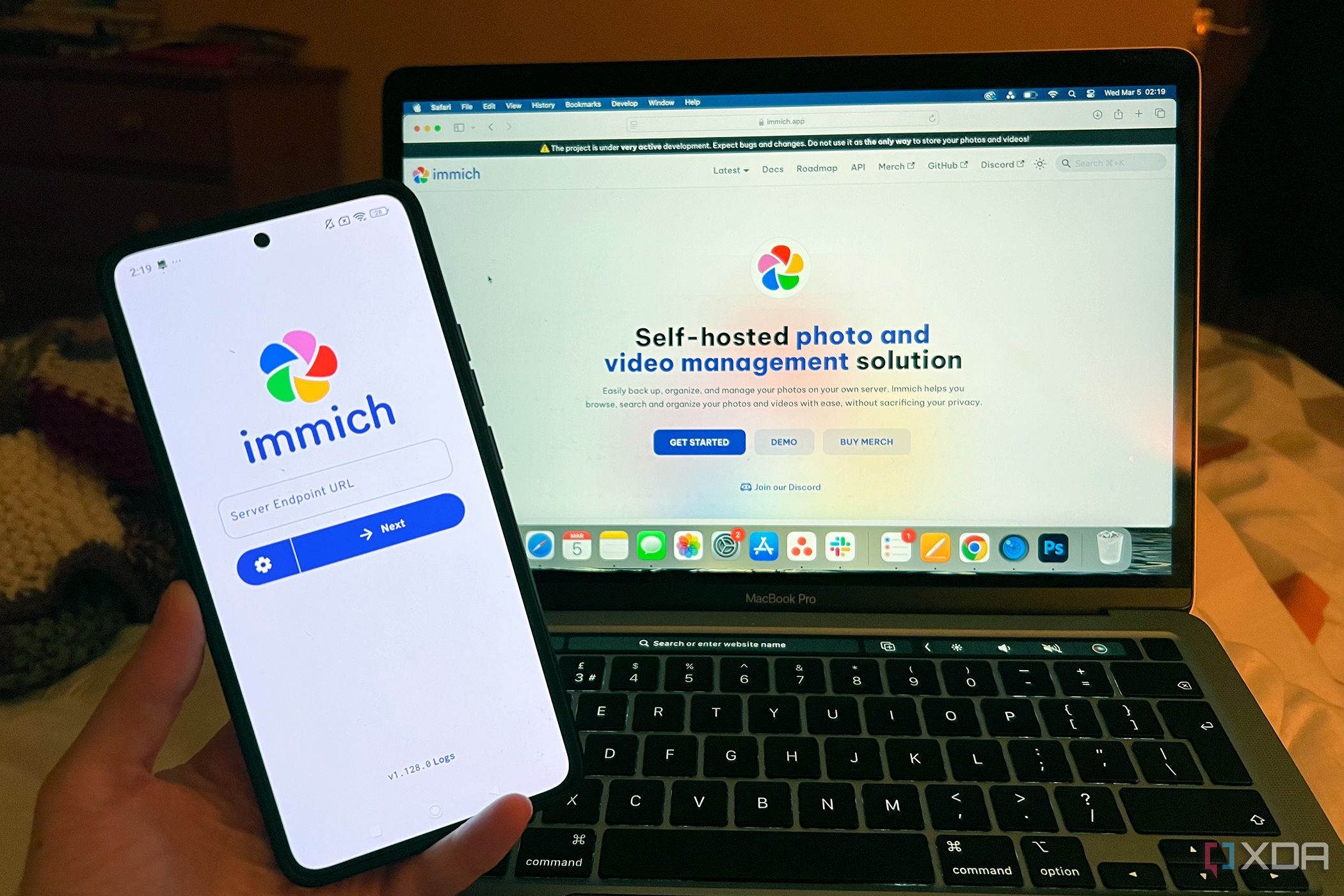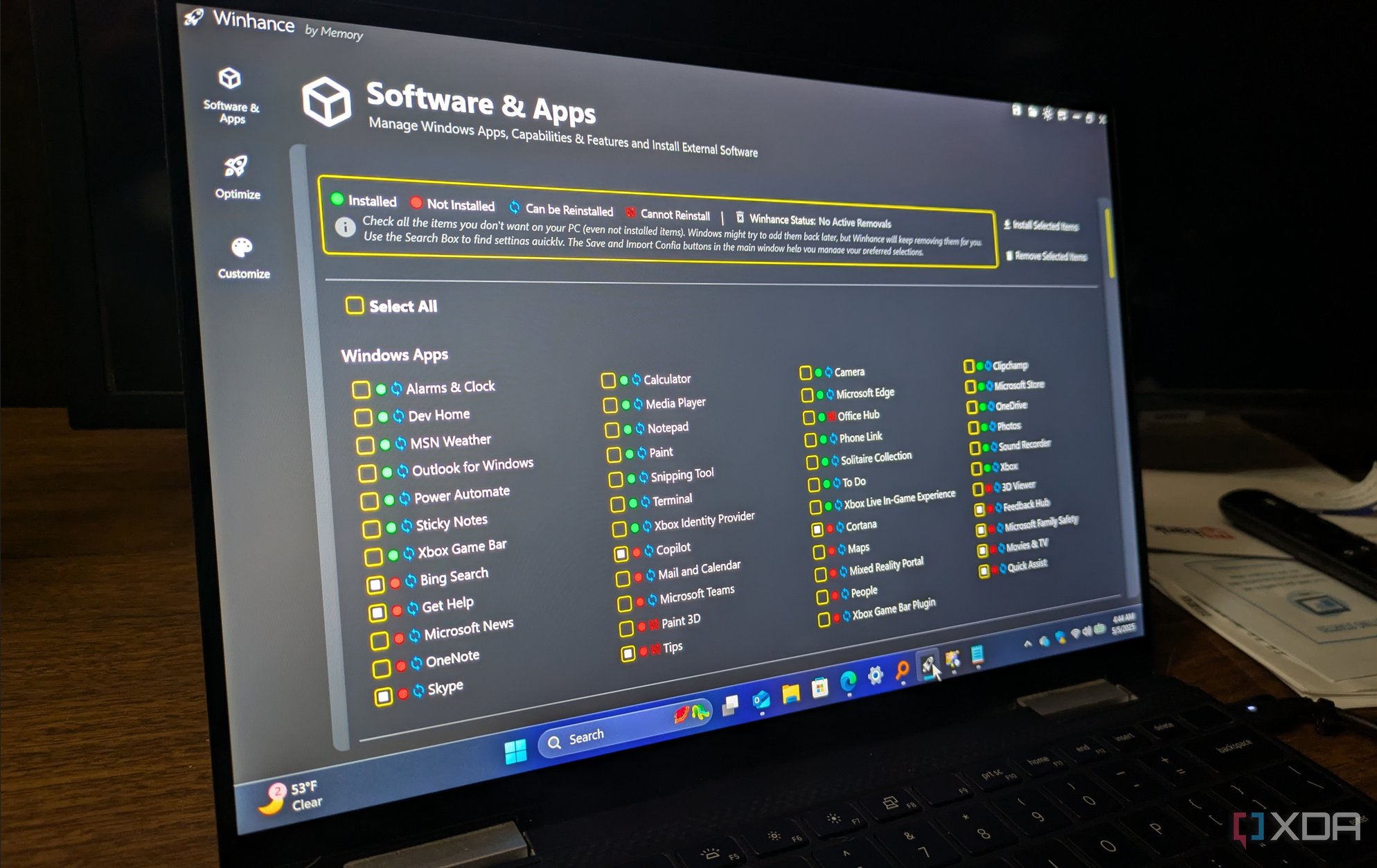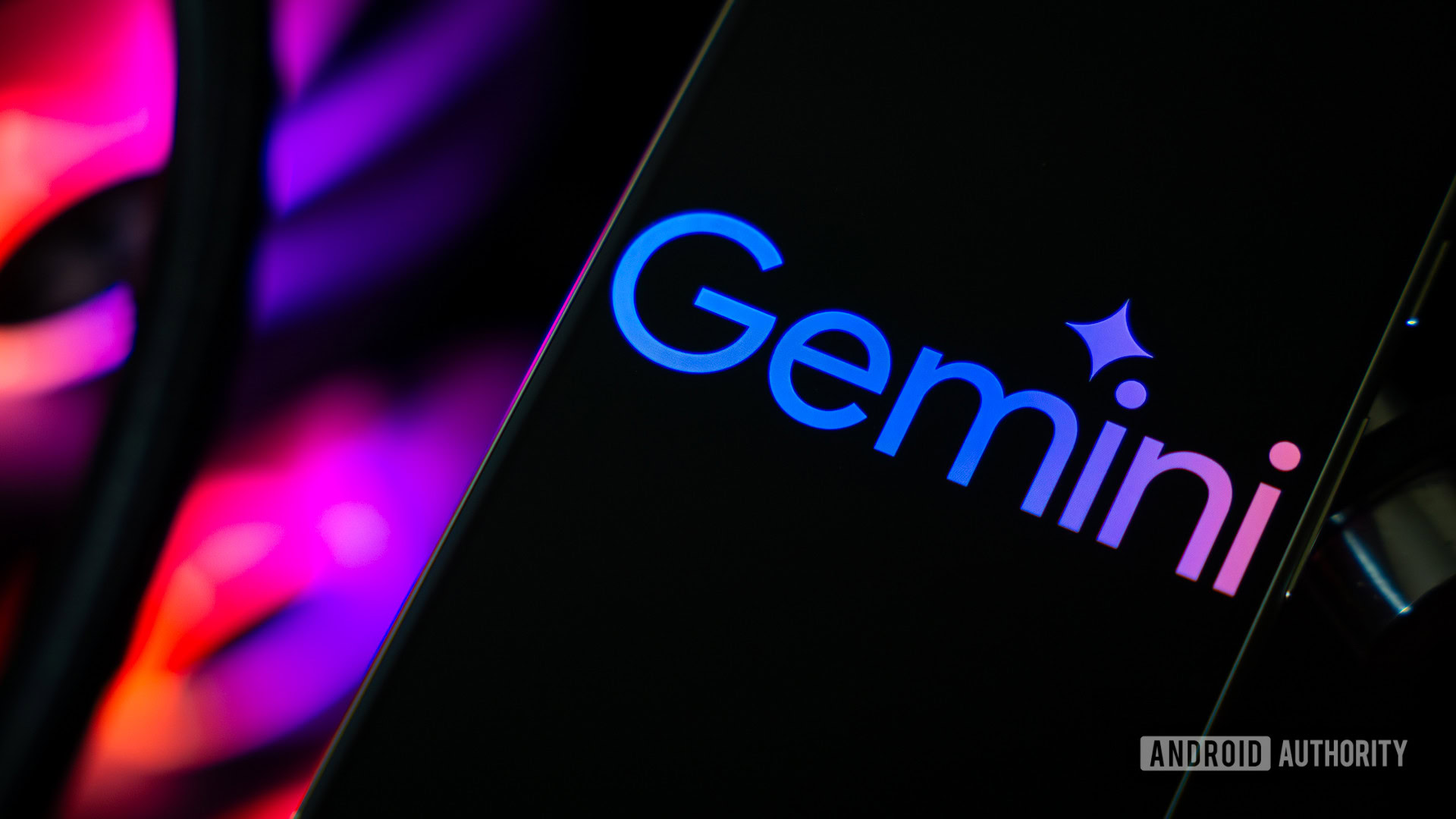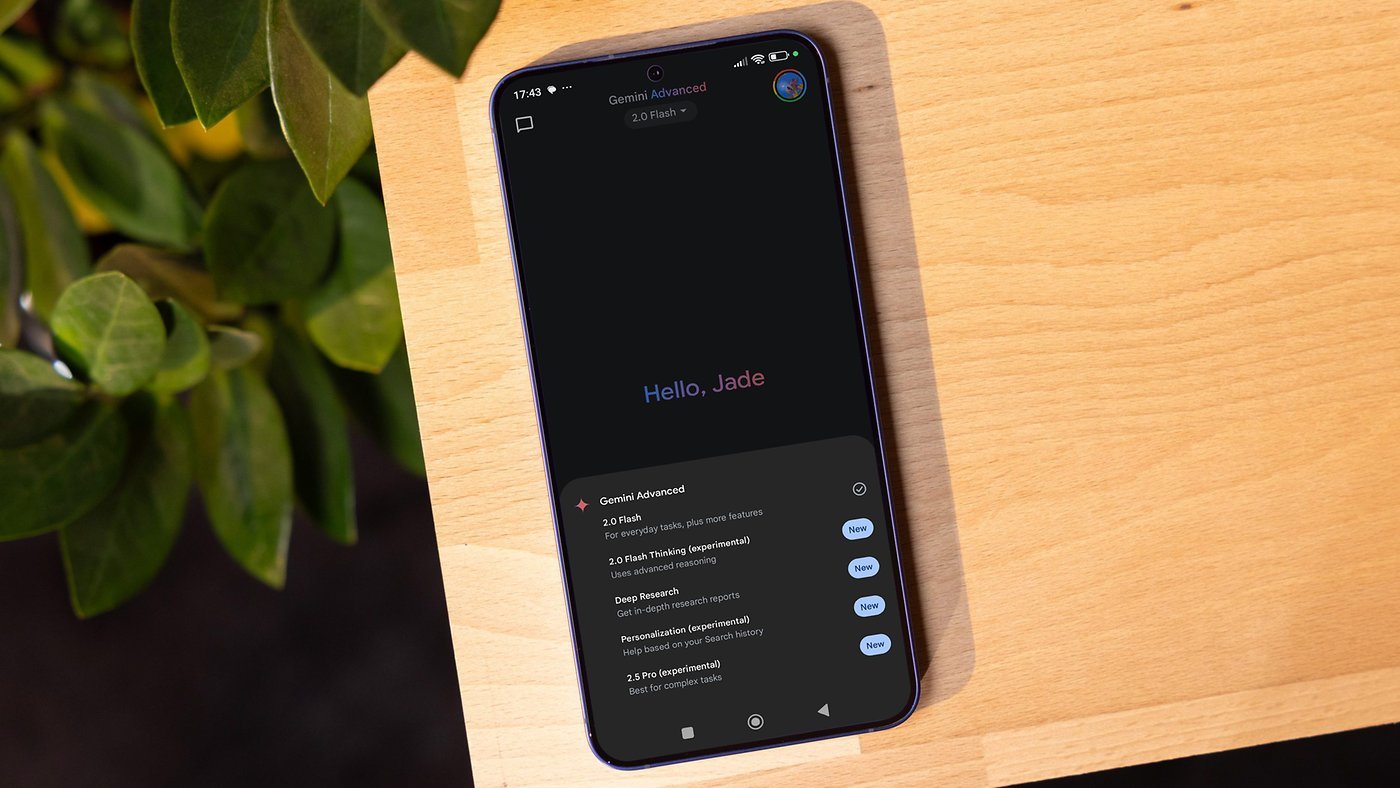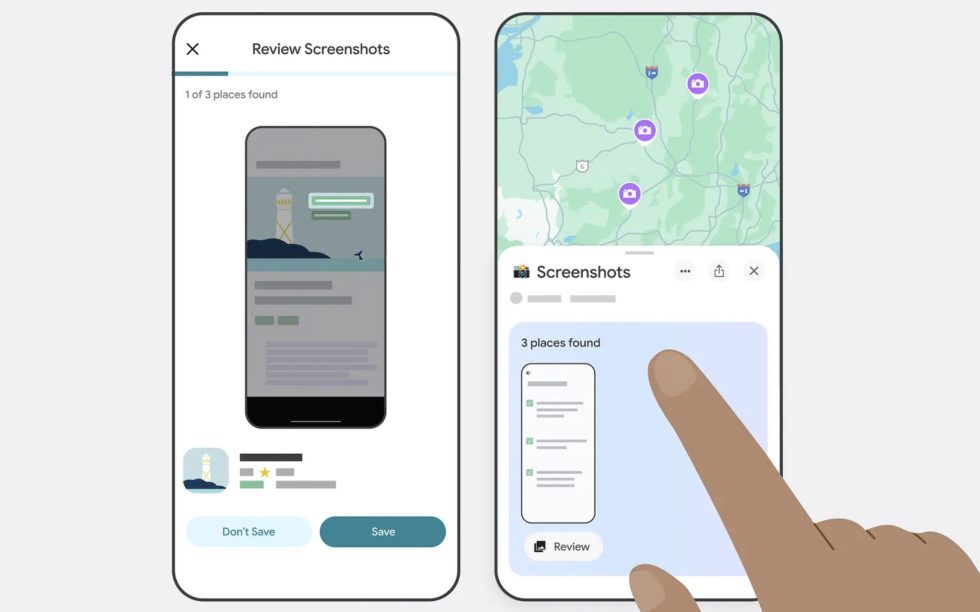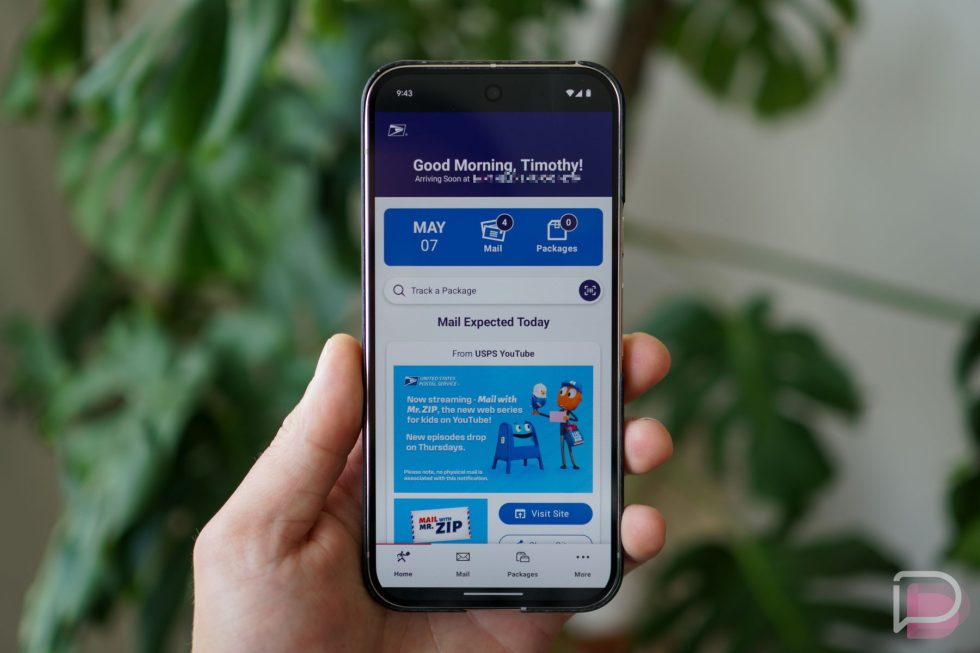Slop Farmer Boasts About How He Uses AI to Flood Social Media With Garbage to Trick Older Women
"Pinterest is one of the easiest ways to make money online right now," declares Jesse Cunningham, a self-described "SEO expert," to open a November YouTube video titled "


Last year, Jesse Cunningham — a self-described "SEO specialist who leverages the power of AI to drive real results" — appeared in a livestream for a closed members group for SEO secret-trading. He'd been invited to discuss his AI strategies for monetizing content on Facebook, where he claimed to have found financial success by flooding the Meta-owned platform with fake, AI-generated images of things like faux houseplants and ChatGPT-created recipes.
"Don't ban me, people," Cunningham jokes into a large microphone, explaining that one of his AI pages had previously been flagged by Meta for violating platform policies after he revealed its name in a public-facing YouTube video.
Cunningham explains that his preferred groups to target are devoted fandoms and the elderly. The former is easily excited, he posits, while the latter probably won't understand that what they're clicking on is synthetic at all.
"Best are voracious fan bases. Fan boys, fan girls," Cunningham tells the group. "And an older demographic, where Aunt Carol doesn't really know how to use Facebook, and she's just likely to share everything."
"I'm going after audience 50-plus female," he reiterates, explaining that targeting older women on Facebook means his content can be cross-posted over on the aspirational image-sharing-and-sourcing platform Pinterest, the userbase of which is overwhelmingly made up of women.
"Why am I going after females? Because... I want to cross-pollinate the audience," says Cunningham. "I want to kill two birds with one stone and dominate Pinterest and Facebook at the same time. Fifty-plus female is my demo."
The recorded call is just under an hour in length. At one point, Cunningham triumphantly declares that he's "starting new pages in the recipe niche" and wants "to disrupt that whole industry" because, in his telling, it's "ripe for the taking."
"Going back to the AI recipes, do you know if they actually work?" someone asks Cunningham later in the clip.
"Of course they work. ChatGPT told me they work," Cunningham, who looks genuinely baffled by the question, responds. "What kind of question is that?"
Cunningham is one of many sloperators using AI to flood social media with AI content to make money.
The process goes like this. Cunningham publishes large numbers of AI-generated articles to websites helmed by made-up bloggers, with AI-generated headshots, purporting to be experts in topics ranging from houseplants and recipes to DIY holiday crafts and nature scenes. Then he posts AI-generated images linking back to those sites on social, with Cunningham claiming he's able to rake in cash — not by actually putting time and energy into photographing any actual home gardening, or drafting and testing new recipes, but by using AI to quickly and cheaply imitate traditional content creators' final product.
Evidence of such zombie tactics employed by Cunningham and others are evident on his preferred platforms, Pinterest and Facebook, where users are increasingly made to wade through swamps of parasitic AI slop.
As Futurism reported earlier this year, Pinterest is facing a pervasive influx of AI-generated content masquerading as the real thing. The torrent of AI slop on Facebook is well-documented as well — last year, an in-depth 404 Media investigation revealed that AI slop farmers around the world had figured out how to use AI to generate engagement-bait imagery designed to earn cash by exploiting Facebook's since-shuttered Facebook Bonus Program.
We highlighted Cunningham in our previous reporting about Pinterest. He's an avid YouTuber, and we were struck by his candor as he publicly shared the sordid details of his slop farming process, which frequently includes copying the work of his competitors — real bloggers and online creators who say the AI influx on Pinterest, Facebook, and other platforms has had a destructive impact on their businesses.
"Across the board, like across the board, this is something that is talked about in blogging groups all the time, because it is devastating all of our businesses," Rachel Farnsworth, a veteran food blogger of the website The Stay at Home Chef, told Futurism of the impact that schemes like Cunningham's have had on her industry.
"It's put a ton of people out of business," she added.
We decided to dig deeper into Cunningham's extensive content catalog, on YouTube and beyond, where we found a telling portrait of the layers of unreality shrouding the AI slop increasingly crowding the web — and the attitudes of the slopageddon's eager purveyers, down to their eagerness to trick old ladies and copy others' work.
***
According to Cunningham, AI offers a way to pretty much print money online.
"Pinterest is one of the easiest ways to make money online right now," he declares in a November YouTube video titled " Read More
Read More












